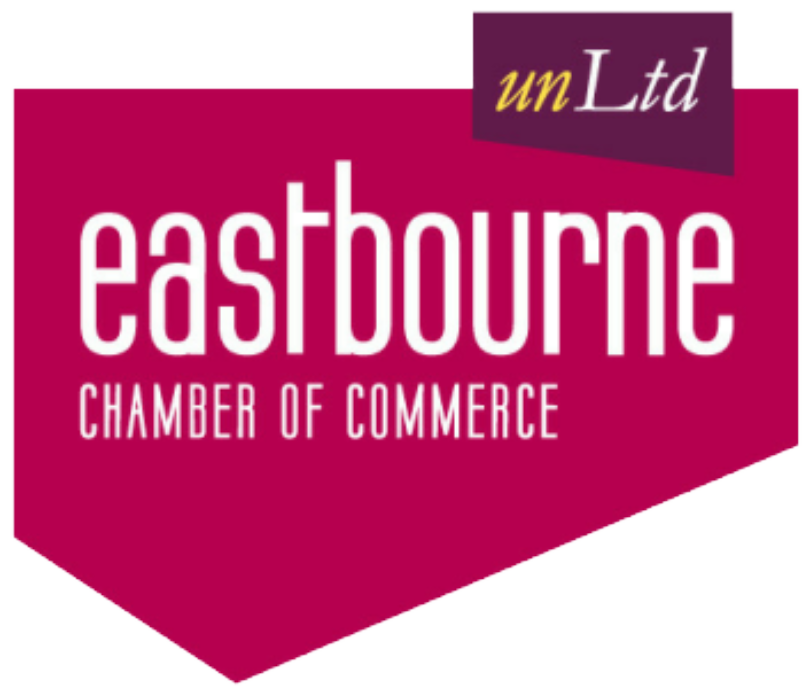BLOG
In today's digital age, it's more important than ever for small businesses to have a strong online presence. And one of the best ways to achieve this is through search engine optimization (SEO). SEO is the process of optimizing your website design and content that it ranks higher in search engine results pages (SERPs). When your website ranks higher, it's more likely to be seen by potential customers who are searching for products or services like yours.
There are many benefits to investing in SEO for your small business. Here are just a few:
When your website ranks higher in SERPs, it will get more traffic from organic search. This means more potential customers who are already interested in what you have to offer.
When your website is visible and easy to find, it helps to improve your brand reputation. This can lead to more trust and credibility with potential customers.
Ultimately, the goal of SEO is to generate more leads and sales for your business. When your website is optimized for search, you're more likely to attract the right kind of traffic that is interested in what you have to offer.
SEO is a cost-effective way to market your business. Unlike paid advertising, you only pay when someone clicks on your website.
The benefits of SEO are long-term. Once you've optimized your website for search, you'll continue to see results for months and even years to come.
If you're a small business owner, SEO is an essential investment that can help you grow your business and reach more customers. Here are some tips for getting started with SEO for your small business:
SEO is a complex and ever-changing field, but it's an essential investment for small businesses that want to grow their online presence and reach more customers. If you're not sure where to start, there are a number of SEO experts who can help you.
I hope this blog post has been helpful. If you have any questions, please feel free to ask me.

